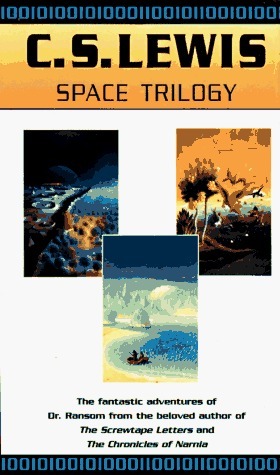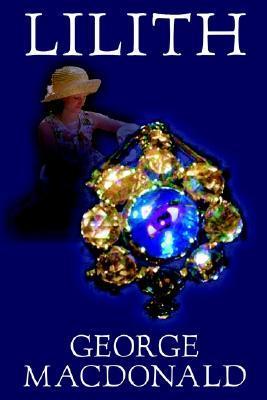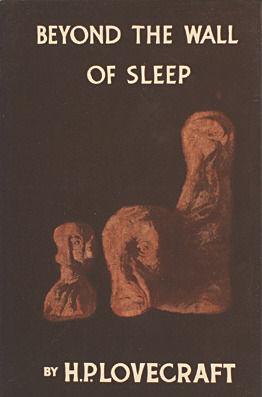
A Voyage to Arcturus
Book Description
Beyond the stars lies a planet of unimagined wonders—and terrors. When a daring expedition sets sail to the mysterious Arcturus, the crew confronts bizarre landscapes and fierce philosophical battles that challenge their very understanding of existence. As friendships unravel and hidden desires surface, each character grapples with the ultimate question of identity. Bound by the threads of fate, they must navigate a reality bending with intrigue and danger. With every moment, the stakes rise higher. Will they emerge transformed, or will they succumb to the abyss of their own souls? What truths await them when the journey ends?
Quick Book Summary
"A Voyage to Arcturus" by David Lindsay follows the enigmatic journey of Maskull, who is whisked away from Earth to the alien world of Tormance, orbiting the star Arcturus. As Maskull traverses Tormance’s surreal landscapes, he encounters otherworldly creatures, evolving philosophies, and shifting realities that challenge his understanding of morality, desire, and identity. Each new environment on Tormance exposes him to novel and often contradictory worldviews, forcing Maskull into deep philosophical debate and introspection. Through harrowing trials, moral dilemmas, and metaphysical confrontations, Maskull’s beliefs and sense of self are dismantled and reassembled. As the journey becomes increasingly allegorical, Lindsay explores profound questions about perception, selfhood, fate, and the ultimate meaning of existence, culminating in a final, transformative revelation.
Summary of Key Ideas
Table of Contents
The Search for Meaning and Identity
Maskull’s journey begins with his encounter with the mysterious Krag and Nightspore, who lure him away from a mundane London existence onto a voyage to Tormance, a planet orbiting Arcturus. The initial departure from Earth is both literal and symbolic, suggesting a rejection of everyday consciousness in favor of a quest for higher understanding. Upon arrival, Maskull quickly realizes that the rules governing this new reality are profoundly different. Physical sensations, perceptions, and even bodily forms shift according to the psychological and metaphysical landscapes he traverses, reflecting the mutable nature of truth and selfhood on Tormance.
Philosophical Evolution Through Adversity
Each region of Tormance confronts Maskull with unique philosophies and inhabitants representing aspects of existence. Through encounters with figures like Joiwind, Surtur, and others, Maskull is challenged to reconsider his moral compass and desires. These inhabitants often embody extreme ideologies—ranging from self-sacrificial love to carnal pleasure, spiritual isolation to cosmic harmony—pushing Maskull into dialogues and conflicts that force him to confront the ambiguities of right and wrong, pleasure and pain, empathy and egoism. As Maskull adapts, he undergoes disturbing bodily transformations, highlighting the intertwined nature of physical and spiritual growth.
The Illusion and Reality of the Self
The journey is also marked by escalating philosophical debate and anguish. Maskull’s internal struggles mirror the external strangeness; each new encounter peels away layers of certainty, exposing the underlying complexity and uncertainty of life. The narrative delves into metaphysical themes, examining the illusion of a fixed self and the subjective origins of meaning. Relationships with fellow voyagers erode, symbolizing the isolation inherent in individual growth and self-discovery. Maskull’s confrontation with the planet’s spiritual guardians and avatars intensifies the existential stakes, elevating the journey into an allegorical search for ultimate truth.
Conflict Between Desire and Morality
Desire and morality come into sharp conflict as Maskull is repeatedly faced with choices that test his will and integrity. Attractions and attachments form, only to be destroyed, pushing Maskull toward self-inquiry and transformation. The landscape itself mirrors his internal state: bizarre and mutable, at times beautiful and at others horrifying. As the story progresses, fate’s invisible hand grows more apparent, propelling Maskull toward a series of inevitable, yet enigmatic, reckonings with both his own soul and the cosmic forces shaping Tormance.
Transcendence and Transformation
Ultimately, Maskull’s odyssey culminates in a confrontation with Surtur and an existential revelation that dismantles the boundaries between self and universe. The voyage concludes with Maskull’s dissolution and transcendence, suggesting that the highest truth lies beyond individuality and ego. Lindsay’s novel closes as an allegorical meditation on human existence, with Maskull’s fate serving as a cautionary yet hopeful reflection on the search for meaning, the fluidity of identity, and the possibility of transformation through suffering and insight.
Download This Summary
Get a free PDF of this summary instantly — no email required.





